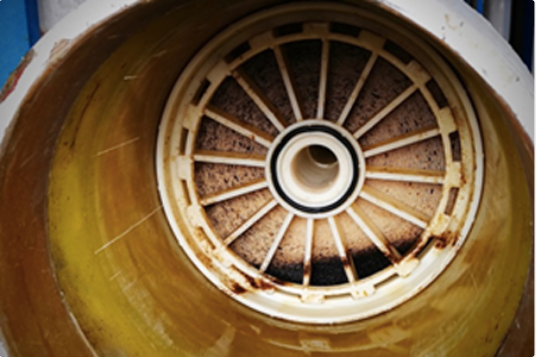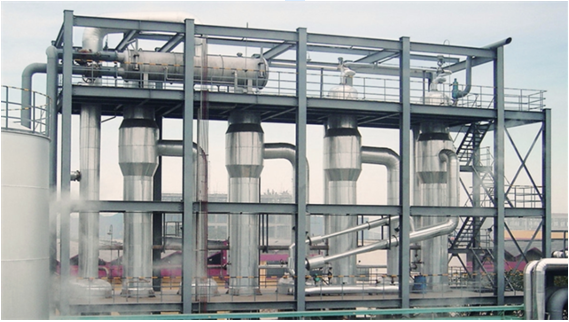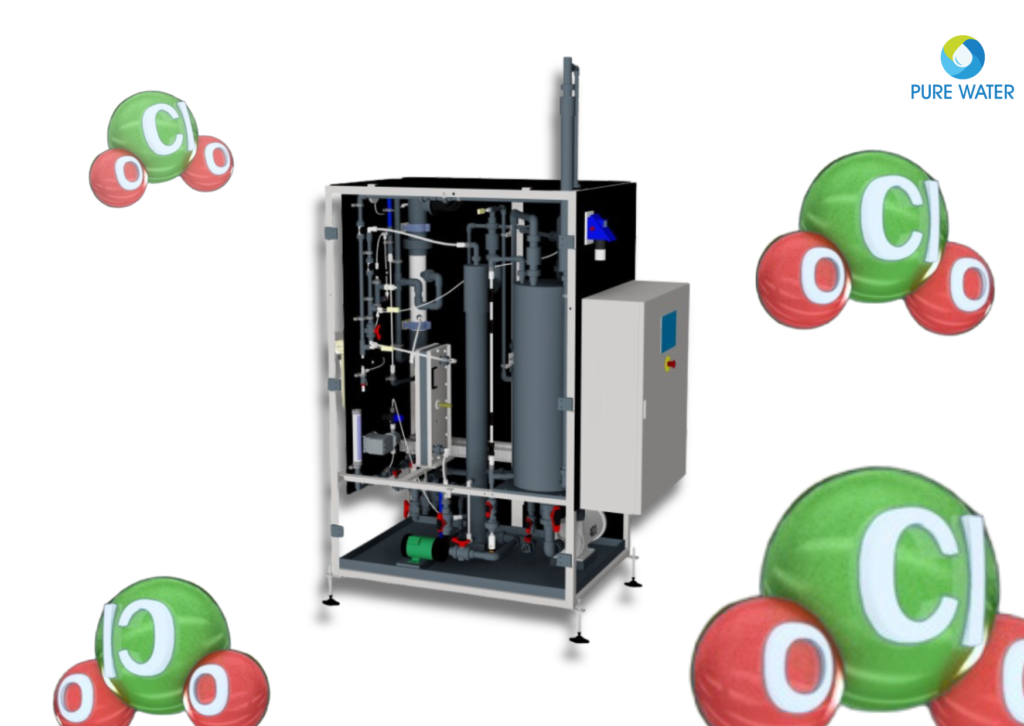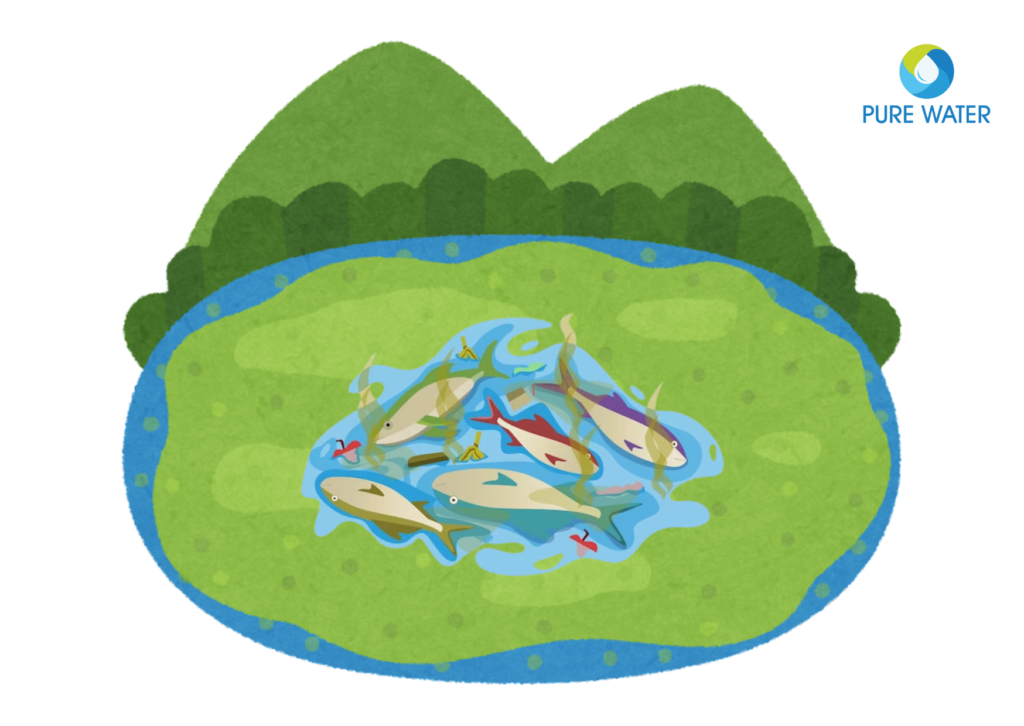Water scarcity is one of the greatest challenges of the century. It affects not only human health and the environment, but also local economies, which depend on water for business, industry, and agriculture.
Decentralized Sewage treatment plants are slowly becoming the knight in shining armour, tackling these water scarcity issues, especially in developing countries like India.
Decentralized treatment is the practice of placing water or wastewater treatment at the site of supply, demand, or ideally both. It’s a flexible, sustainable alternative to large treatment plants that require miles of costly supply and delivery infrastructure.
Benefits of Decentralized STPS:
1. Lower footprint – Decentralized STPs have a significantly lower area requirement as compared to humongous centralized STPs which require acres and acres of land to construct and operate.
2. Flexible operations – The O&M falls in the scope of the respective in-charge at the facility. This makes the decision making much easier and faster than government held centralized STPs.
3. Easy plug-and-play commissioning.
4. Technology and packaging – The combination of new, cost-effective technology with containerized packaging has made decentralization of STPs more viable than ever. Easy to transport now as well.
5. More scalable – Decentralized STPs can be easily scaled to higher or lower capacities by adding or removing units, which can be redeployed, sold off or kept on stand-by.
6. Reduced Infrastructure costs – Positioning plants near the source of supply and need eliminates the prohibitive cost of pipelining to distant plants.
There is a large gap between the wastewater generated and actually treated in India. Out of about 61754 million litres per day (MLD) of sewage generated, treatment capacity exists for only 32% (about 22963 MLD).
An interesting Indian case of adoption of decentralized waste water treatment and reuse system at a city level has been in Bengaluru. In the backdrop of water scarcity and inadequate treatment capacity, the Karnataka State Pollution Control Board in 2004 mandated buildings with either more than 50 residential units or a built-up area of more than 5,000 m2 in un-sewered areas to install on-site sewage treatment plants and reuse 100% of the treated water.
There is an urgent need for effective legal and policy framework for improved management of wastewater treatment in India. In the longer run, decentralized STPs serve as a way forward for India’s water scarcity challenges as it is economically feasible and financially viable and sustainable.
Pure Water Enterprises represents Suez Water Technologies for its water treatment products. The ZeeWeed 500S modules are world class MBR membranes for small capacity STPs. They require lesser space/footprint, abides by the plug-and-play technology, helps organisations meet discharge norms, and has a long membrane life.
Get in touch with us at info@purewaterent.net, to know more about our offerings in the sewages treatment space such as our Membrane Bioreactor(MBR), the worlds most advanced sewage treatment technology!






About The Author: Pure Water
More posts by Pure Water